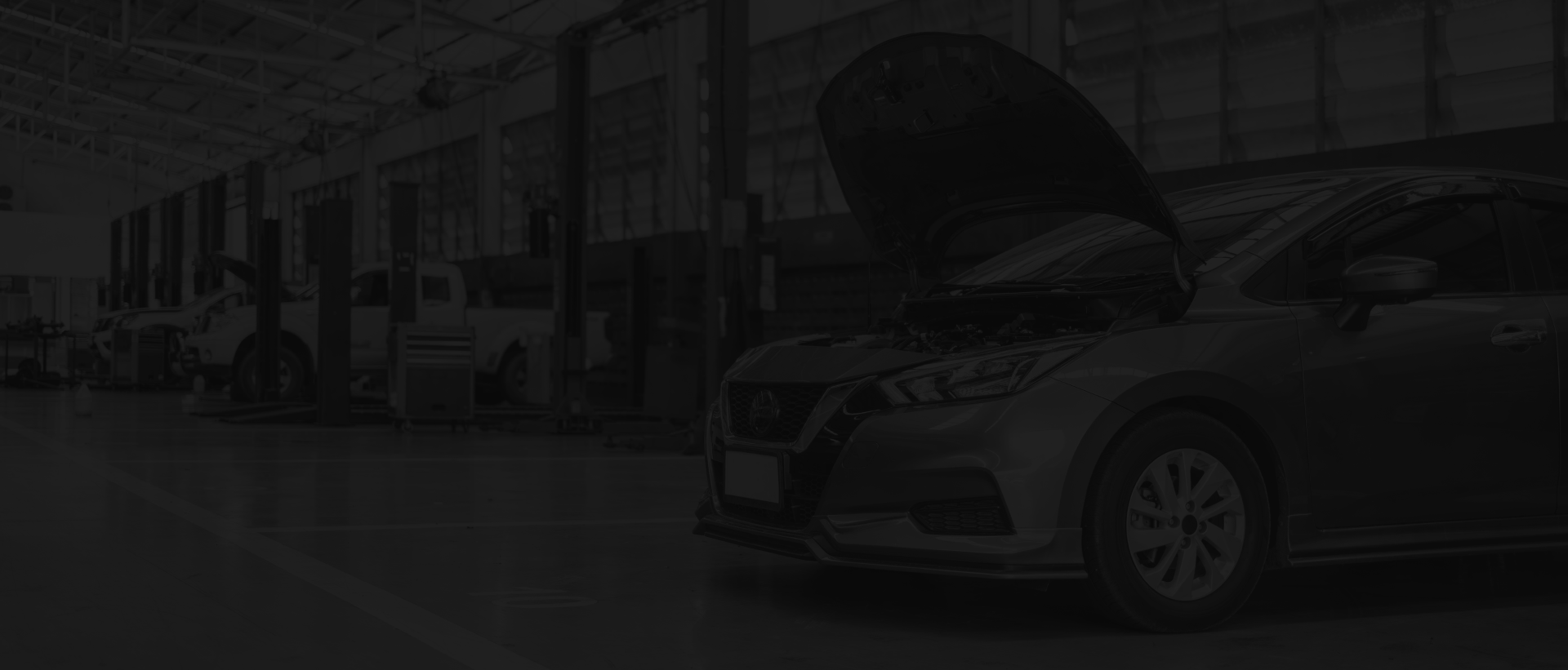The last new car sold with a carburetor in North America rolled out of the dealership in 1990. Since then, all new vehicles have had fuel injectors. In very simple terms, a fuel injector is a valve that squirts fuel into your engine. Your engine control computer tells the fuel injector how much gas to deliver as well as the precise time it should be delivered. Of course this happens thousands of times a minute. Fuel injection is a much more precise way of delivering fuel than carburetors. That translates into better fuel economy and power. Virtually all fuel injectors for gas engines are known as port fuel injectors because they deliver the fuel to a port just outside the cylinder. Port fuel injectors operate at about 40 to 80 pounds per square inch of pressure.
A few auto makers have introduced gas direct injection systems on some engines recently. These systems inject the gas directly into the cylinders under very high pressure – hundreds of times the pressure of port injection systems. Although more complicated, direct injection technology promises greater power with improved fuel economy, so we can expect to see more of it in the future.
As you can see, the level of precision required of your fuel injectors is very high. They need to be operating properly in order for your car to run right.
High temperatures under your hood and variations in gas quality cause fuel injectors to become fouled with wax, dirt, and carbon. Injectors can become partially clogged, preventing them from delivering the proper amount of fuel at the correct pressure. The design of each engine requires a specific spray pattern from the fuel injector that might be altered when the injector is dirty. When injectors are dirty, the fuel doesn’t burn as efficiently resulting in poor fuel economy and loss of power. So it is important to keep your fuel injectors clean.
Skilled service technicians at Rx Automotive in Saint Charles can perform a fuel system service for you. (Visit http://lessanteler.autovideotipsblog.com/contact-us/.) That is a fuel system service – not just fuel injector cleaning. That is because the fuel has a lot of ways to become dirty or contaminated between the gas tank and the fuel injector. A fuel system service starts with a fuel filter replacement. This filter cleans the gas as it leaves the tank. The various parts of the fuel intake system need to be cleaned from time to time to remove harmful gum, deposits and varnish. Finally, the fuel injectors are cleaned so that they operate properly and deliver the right amount of fuel at the right time.
Your Elburn area service center uses a process for cleaning your fuel system that includes state-of-the-art cleaning chemicals as well as some old fashioned scrubbing. Proper maintenance of your fuel system means that you will spend less on gas, enjoy strong performance and prevent costly repairs down the road.

